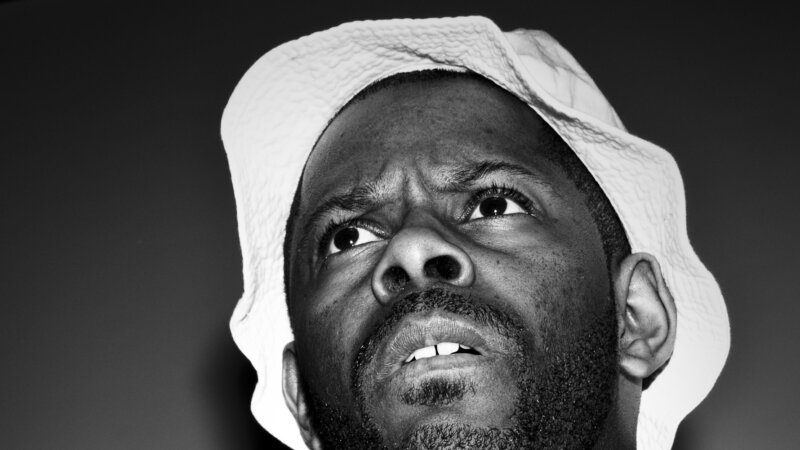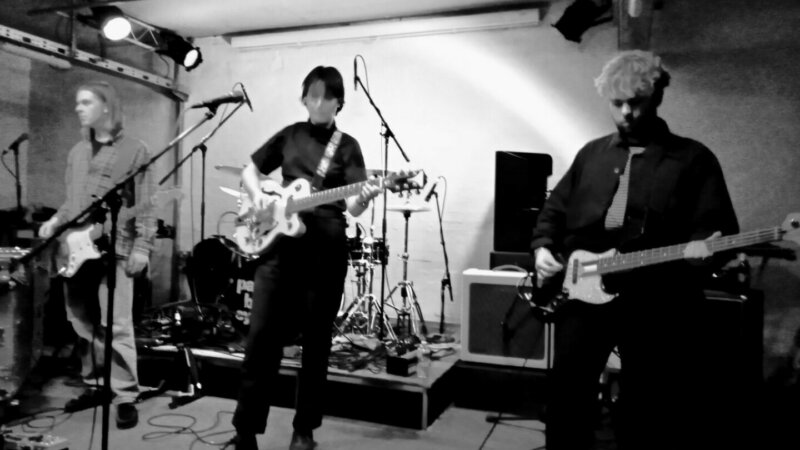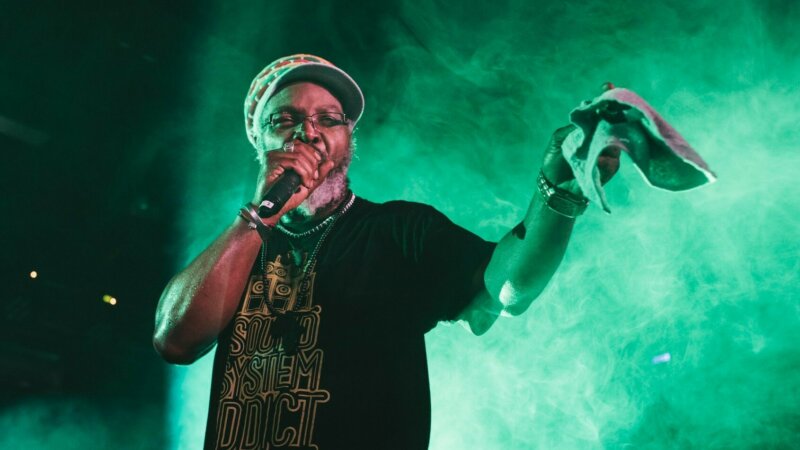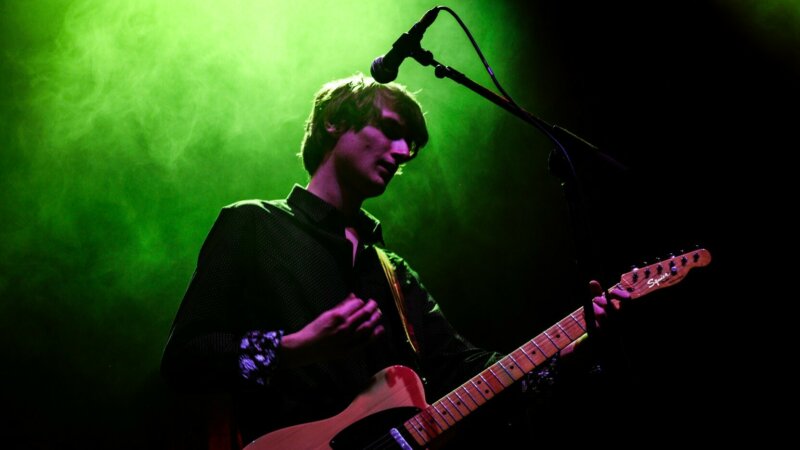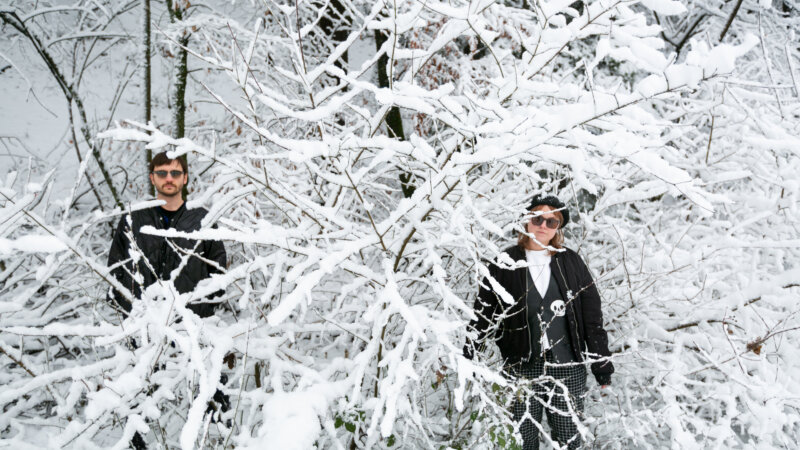Lil Peep & Emo Rap
Emo rap. It’s a term that seems oxymoronic at first. What common ground could possibly be found between the testosterone-fuelled, aggressive, often politically-charged world of ‘traditional’ hip hop and the visceral emotion and acute sensitivity of music considered ‘emo’? Many see rap as the antithesis of emo and vice versa.
Hip hop is about social struggle, dealing with real-life hardships in the face of institutionalised adversity, and reporting from the front line with almost journalistic integrity. The music of the hustle and the protest, of “just trying to make some money to feed my daughter,” as Biggy put it. There’s little room for self pity. The rapper is judged by his ability to remain strong and fight back, to meet his problems head on and never doubt himself. Is it through association alone that hip hop is linked with the gangster figure, to the much older figures of the cowboy and even the samurai? Over the years popular culture has tarred them with the same brush, each a kind of incarnation of the last, passing across the cultural baton of honour, personal integrity and power through violence. Kikuchiyo, Billy the Kid, Tony Montana and Eazy-E.
Emo is about inner turmoil. It’s music for those dark nights of the soul, when it’s 4am and the next day looms like a nightmare. It’s a place where we’re encouraged to be vulnerable, to open up old wounds and let our demons win. There’s no place here for trivial displays of masculinity. No place for the evanescence of political struggle or boasts about material wealth and surface relationships. This is music about the human condition at its core, in its existential loneliness. It’s about being brutally honest with yourself. It’s about giving up the fight and seeing what distilled beauty still remains amongst the bloodied bodies and the splintered shields.
But something has begun to change. No longer is this boundary so strict. “Everybody telling me life’s short, but I wanna die,” wails Lil Peep over a trap-style beat, before launching into another verse that simmers with regret and self loathing. It’s difficult to find a song by the 21-year-old Pennsylvanian that doesn’t make mention of death, in particular suicide. No wonder then that the media showed such interest in a recent overdose which lead to his untimely passing.
Peep took elements of early noughties emo and applied them to hip hop, making them more credible than ever before. Gaining fame via Soundcloud, there were no record company executives combing over the lyrics looking to insert marketability or eliminate anything too dark. It was straight from the heart. The reactionary response to the news of his death would be to proclaim that the budding sub-genre, of which he was the most obvious pioneer, had died with him.
In truth, Peep was more a symptom of changes in hip hop that begun in 2008 with the release of Kanye West’s 808s & Heartbreak. Far more tentative than Peep’s recent venture, Kanye still changed the game in a way only Kanye can. His mother had died and suddenly here was a hip hop genius who had made an album about grief. Had 808s... not existed first there’d have never been a place for Lil Peep, or for one of the most commercially successful hip hop artists of all time: Drake. The melancholic tone of Drake’s music, though admittedly more sad than suicidal, is surely a hint that the world of underground hip hop lies salivating at the thought of another Lil Peep, ready to take up the fallen mic and dial emo back up to 100.
Liam Casey
Soundwaves
After celebrating their 20th birthday in 2017, Yellow Arch Studios have released a six-minute documentary about the venue. Made in collaboration with the University of Sheffield, it features interviews with Richard Hawley and Pete McKee and is available to watch online. Hope Works have announced the line-ups for their 2018 winter season. Visiting selectors include The Black Madonna, Helena Hauff, Pev & Kowton, Nd_Baumecker, Lee Gamble, DJ Stingray, Minor Science, Josey Rebelle, Mumdance, Batu and Eris Drew, with live sets from Peder Mannerfelt and Errorsmith. The Independent have reported that the Arctic Monkeys will release their sixth album in 2018, quoting an interview with bassist Nick O’Malley in which he said that the band are currently recording their first record since 2013’s AM, and that if it isn’t out this year “we've got problems”. Stephen Mallinder, founder member of Sheffield band Cabaret Voltaire, has formed a new group with Reykjavik-based songwriter John Grant. Creep Show will release Mr Dynamite, their debut album of oddball electronic pop, through Bella Union on 16 March. Sam Gregory Background image: Okuda San Miguel (Now Then #107) )
